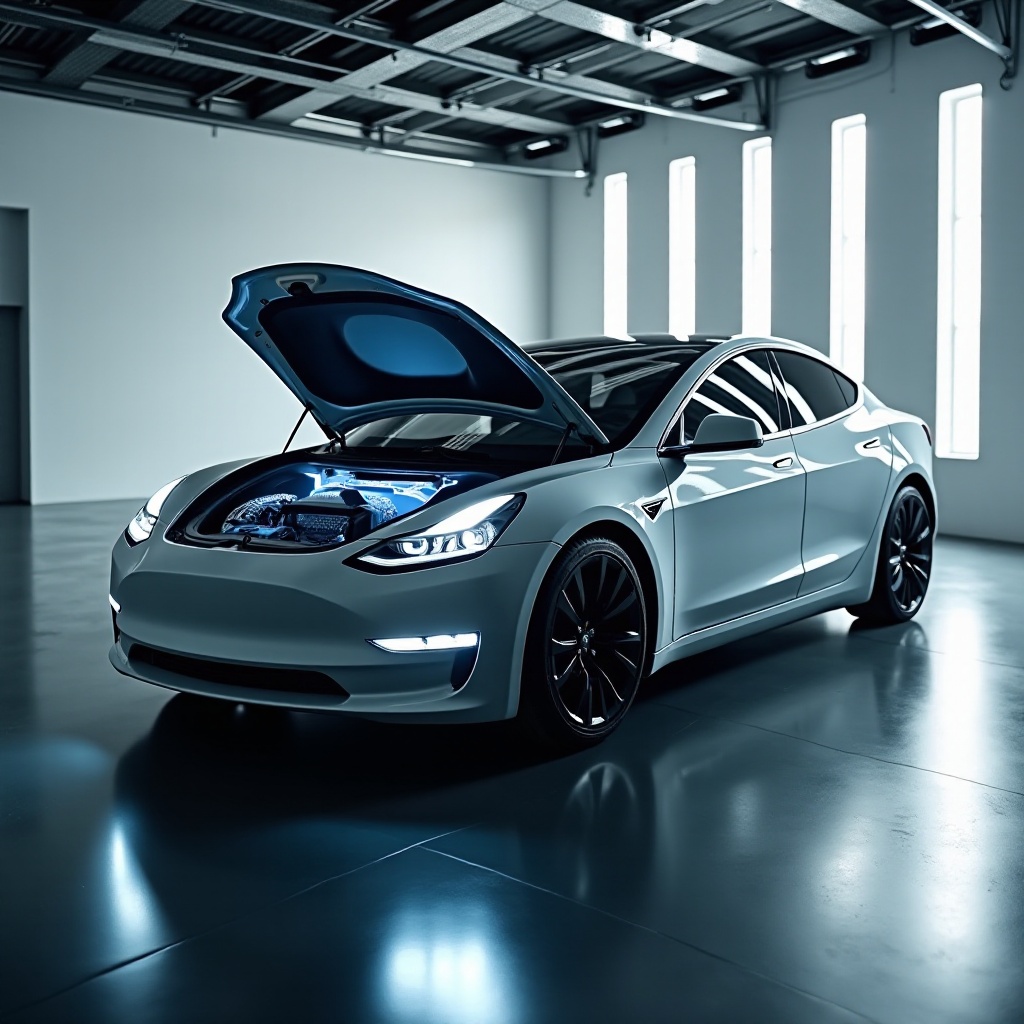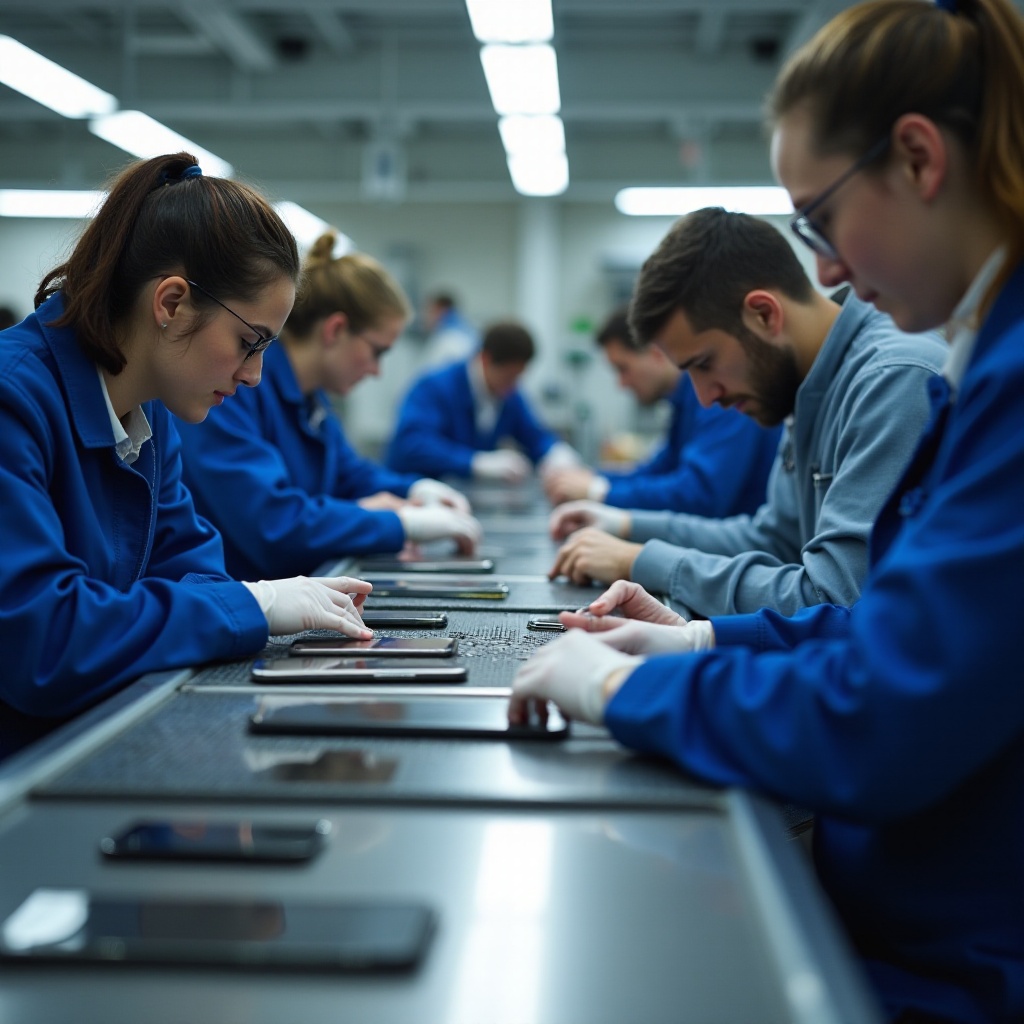Introduction
It is easy to get confused between different types of devices and operating systems, especially with the rapid evolution of technology. One commonly asked question is whether a Samsung device is an iOS device. This confusion may arise from advertising and brand awareness, given that both Samsung and Apple are tech giants. In this article, we’ll clarify these concepts and discuss the primary differences between iOS and Samsung devices. We’ll also address whether a Samsung device can run iOS and resolve some common FAQs.
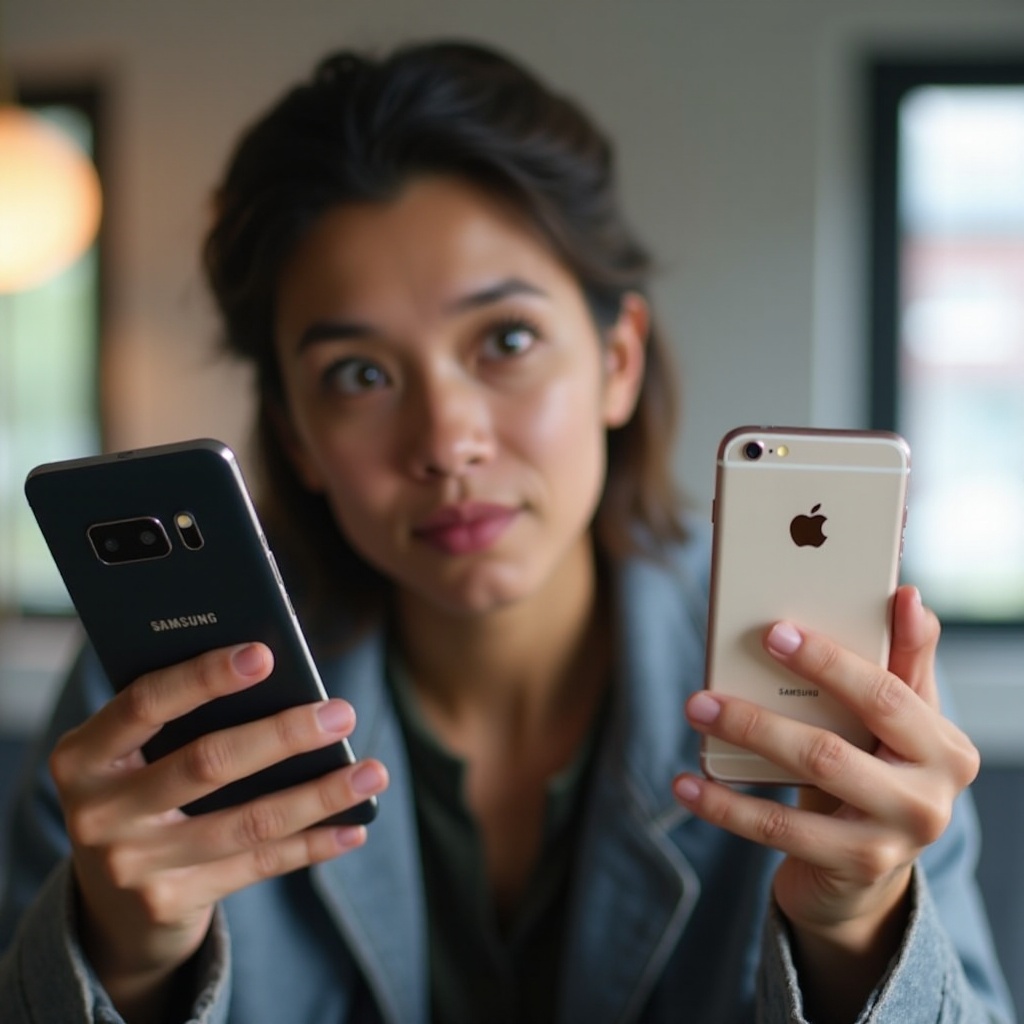
What is an iOS Device?
iOS is the mobile operating system developed by Apple Inc. It powers Apple’s range of mobile devices, including iPhones, iPads, and the iPod Touch. iOS devices are specifically manufactured to run this operating system, ensuring seamless integration and optimal performance. The user interface is highly intuitive, aiming to provide a smooth and consistent experience across all iOS devices.
One defining feature of iOS is its ecosystem—the combination of hardware and software designed to work harmoniously. This synergy enhances user experience, making features like FaceTime, iMessage, and iCloud easily accessible. Security is another cornerstone of iOS, with advanced encryption technologies and regular updates to ensure the system remains secure.
What is a Samsung Device?
Samsung Electronics manufactures a wide variety of devices, with their smartphones being some of the most popular products globally. Samsung devices run on the Android operating system, developed by Google. Unlike iOS, Android is open-source, allowing a higher degree of customizability and flexibility in terms of software and hardware.
Samsung’s flagship smartphones, such as the Galaxy series, come with a custom user interface called One UI, built on top of the Android operating system. This customization allows Samsung to differentiate its devices through unique features and optimizations.
Samsung devices are known for their innovation and quality hardware, from high-definition displays to advanced cameras, making them formidable competitors in the technology market.
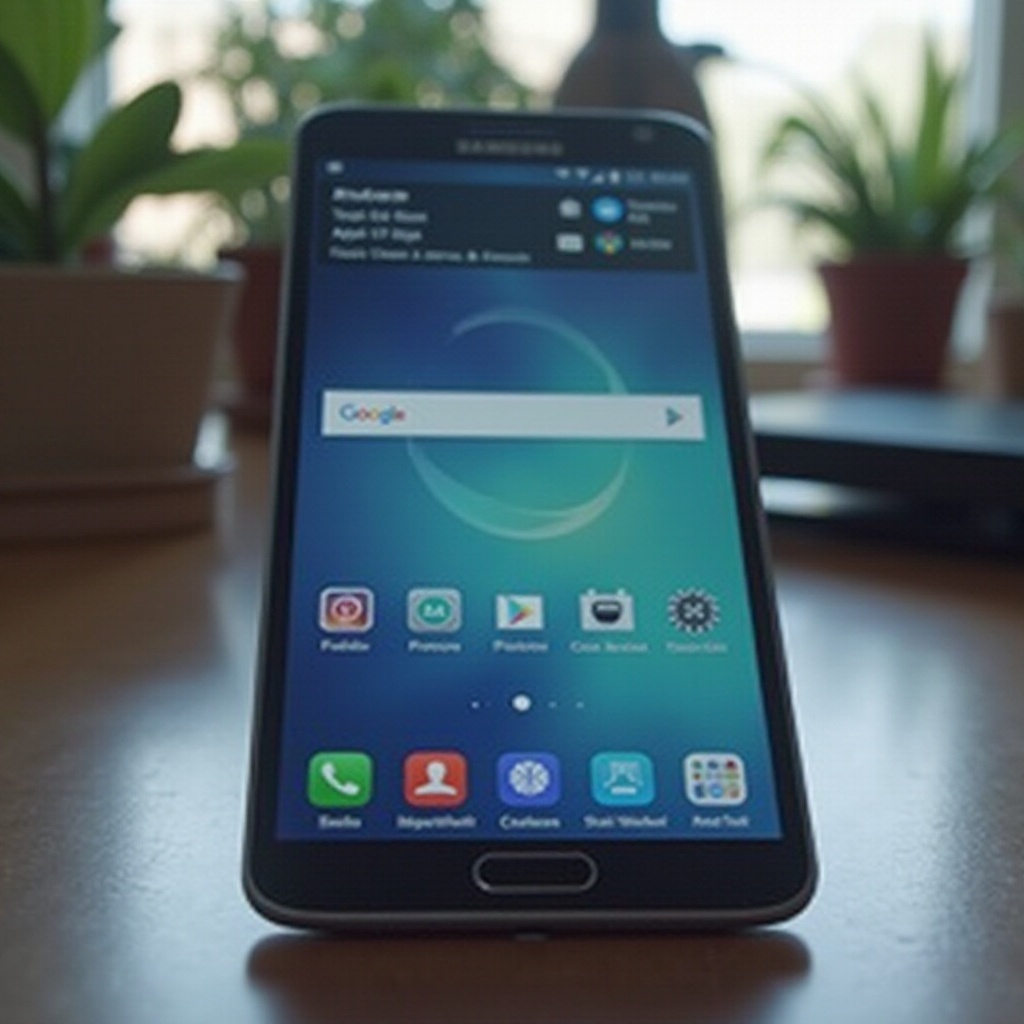
Main Differences Between iOS and Samsung Devices
While both types of devices aim to provide high-quality user experiences, they do so in fundamentally different ways. Here are the main differences:
User Interface and Experience
- iOS: The user interface is consistent across all devices, focusing on simplicity and ease of use. Apple’s design philosophy emphasizes minimalism and fluidity, ensuring even non-tech-savvy users can navigate easily.
- Samsung (Android): In contrast, Samsung’s One UI offers a greater range of customization options. Users can change themes, adjust settings for various features, and install third-party applications to personalize their devices. This flexibility provides a tailored experience to suit individual preferences.
Application Ecosystem
- iOS: iOS benefits from a highly curated app store, with stringent guidelines ensuring that only quality applications are available to users. This focus on quality and security can limit the range of apps available but guarantees higher reliability and safety.
- Samsung (Android): Samsung devices access the Google Play Store, which offers a broader array of applications, including those that might not meet iOS’s stringent criteria. This allows for a wider range of functionalities but occasionally at the cost of security and quality.
Customizability and Flexibility
- iOS: Apple maintains firm control over both the hardware and software, limiting the extent to which users can customize their devices. This approach ensures uniformity and quality but restricts flexibility.
- Samsung (Android): Samsung provides extensive options for customization through both the One UI and the underlying Android OS. Users can install custom ROMs, change visual themes, and even tweak system functionalities.
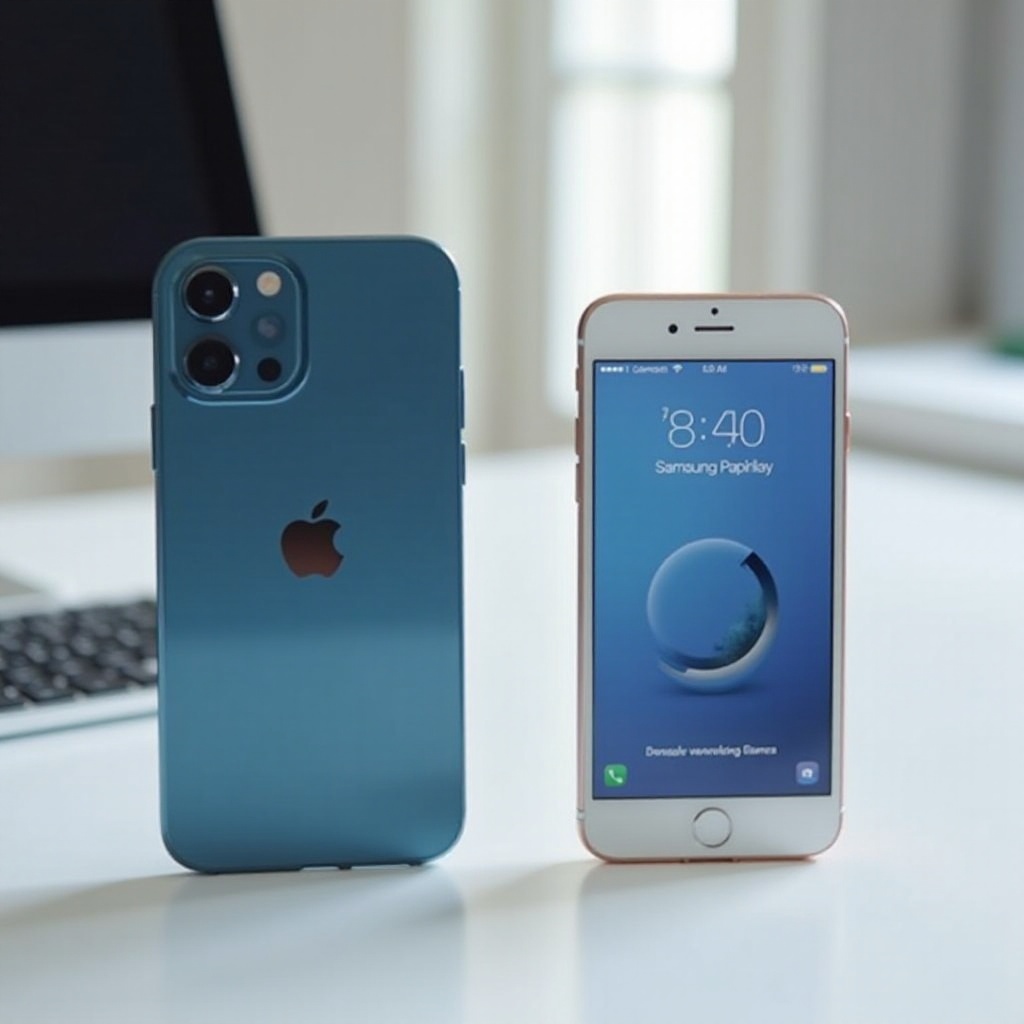
Can a Samsung Device Run iOS?
This section examines the practical and technical considerations regarding the compatibility and feasibility of running iOS on a Samsung device.
Hardware and Software Compatibility
iOS is designed exclusively for Apple’s hardware. The synergy between the iOS software and Apple’s hardware ensures optimal performance, an arrangement that simple reinstallation on non-Apple hardware cannot replicate. Samsung devices are architected differently, with specific hardware designed to function within the Android ecosystem.
Official Stance and Manufacturer Limitations
Apple strictly controls its software. The company does not license iOS for installation on any non-Apple hardware, presenting a significant barrier. Legally, running iOS on a device that is not made by Apple contravenes the company’s software licensing agreements.
Alternative Solutions and Workarounds
Although heavily discouraged and fraught with legal and technical risks, some tech-savvy users explore alternative solutions like running emulators or dual-boot systems on their phones. However, these methods are generally unreliable, fraught with cybersecurity risks, and can result in bricking the device, rendering it non-functional.
Conclusion
The question, ‘Is a Samsung an iOS device?’ can be definitively answered with a ‘No.’ Samsung devices use the Android operating system and come with the custom One UI, which offers greater flexibility and customizability than iOS. While both have strong points and appeal to different types of users, they are distinct ecosystems. Moreover, it is not feasible to run iOS on non-Apple hardware due to technical and legal constraints.
Frequently Asked Questions
Can I install iOS on a Samsung device?
Technically, it is not possible to install iOS on a Samsung device. iOS is designed to work exclusively on Apple hardware. Attempting to install iOS on non-Apple devices is against Apple’s software licensing agreements and can present numerous technical risks.
What operating system do Samsung phones use?
Samsung phones use the Android operating system, typically with a custom user interface called One UI designed by Samsung. This setup allows for greater customization and flexibility compared to the more restricted iOS environment.
Which is better for app availability, iOS or Android?
Both iOS and Android offer a wide range of applications. iOS provides a highly curated app store with a focus on quality and security, while Android, through the Google Play Store, offers a broader array of applications. The choice between them largely depends on user preference for quality and security versus range and flexibility.

